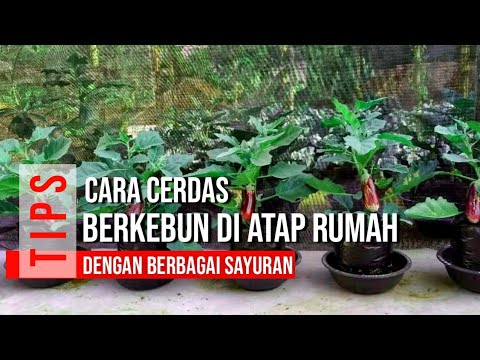
You don’t have to grow an organic garden exactly like a professional to fully enjoy it. You can grow a garden your way, so long as it employs the basics of organic gardening that can actually help your plants grow. Try looking at the tips below. They can give you some more helpful advice.
Use companion plants. Companion planting is the pairing of plants within your vegetable garden, such as planting cabbage with tomatoes. Companion planting helps reduce the problems with insect pests, as it attracts natural pest-controlling wildlife. Companion planting is also a better use of the space in your garden, since you basically have two plants in the same plot.
Health
Composting for organic gardening reduces the need for fertilizers, is a form of herbicide, can help prevent plant diseases and helps impact the environment in positive ways. Composting is a source of nutrition for insects, helps with soil erosion and reduces waste sent to landfills. It is wonderful for the health of the environment in general.
If you have a compost pile, but have very few leaves to add to it this fall, try incorporating straw or hay into your compost pile. This is a great way to add carbon which is very beneficial to the growth and health of plants. The straw and hay may contain seeds, so it is best to use an organic weed spray on your compost pile to get rid of the unwanted weeds.
Treatment
Apply baking soda and water to your plants regularly. Just mix the two ingredients in a spray bottle and mist the leaves of your plants. This mixture acts as a natural anti-fungal treatment. Harmful pesticides can be avoided if you use a baking soda mixture at least twice a week.
When it comes to taking care of an organic garden, then you need to opt for organic pest control. This is a comprehensive approach versus that of using chemicals. Try creating a healthier biodiversity so that you can help control the insects. When you use natural products and build healthier soil, you have the best long-term treatment for insects.
Fruits
You will need to rotate the plants on a regular basis when you have an indoor organic garden. Plants need to get light from all directions in order to grow properly. If they are not rotated, plants will bend toward a light source, which can actually cause them to produce less fruits and vegetables, than they would have if they had been rotated.
An organic alternative to chemical fertilizer is compost. You can make your own compost by using fruits, vegetables and other organic wastes from your home. Compost gives your soil the nutrients it needs and improves its structure.
Vegetable
Marigold flowers are quite the powerhouse in an organic garden. As their flowers and leaves decay, the marigold releases chemicals that attract frogs, repel snakes and kill nematode pests that attack many vegetable plants, including tomatoes. Look for ways to let the bright yellow marigold bring brilliant color and decoration to your garden, as it goes to work to protect the health of your plants.
Use a raised garden bed when planting your plants. Not only does it provide a minor defense against the common vegetable pests, raised garden beds are also warmer during the spring. The planter becomes warmer because it isn’t surrounded by several inches of isolating ground-soil. The warmer climate will result you being able to plant earlier.
So, as you can see, organic gardening is more than just professional organic gardening. It really can be a relaxing hobby or activity if you want it to be. You should feel a bit better and ready to start growing a better organic garden using your newly-found knowledge of this type of gardening.

